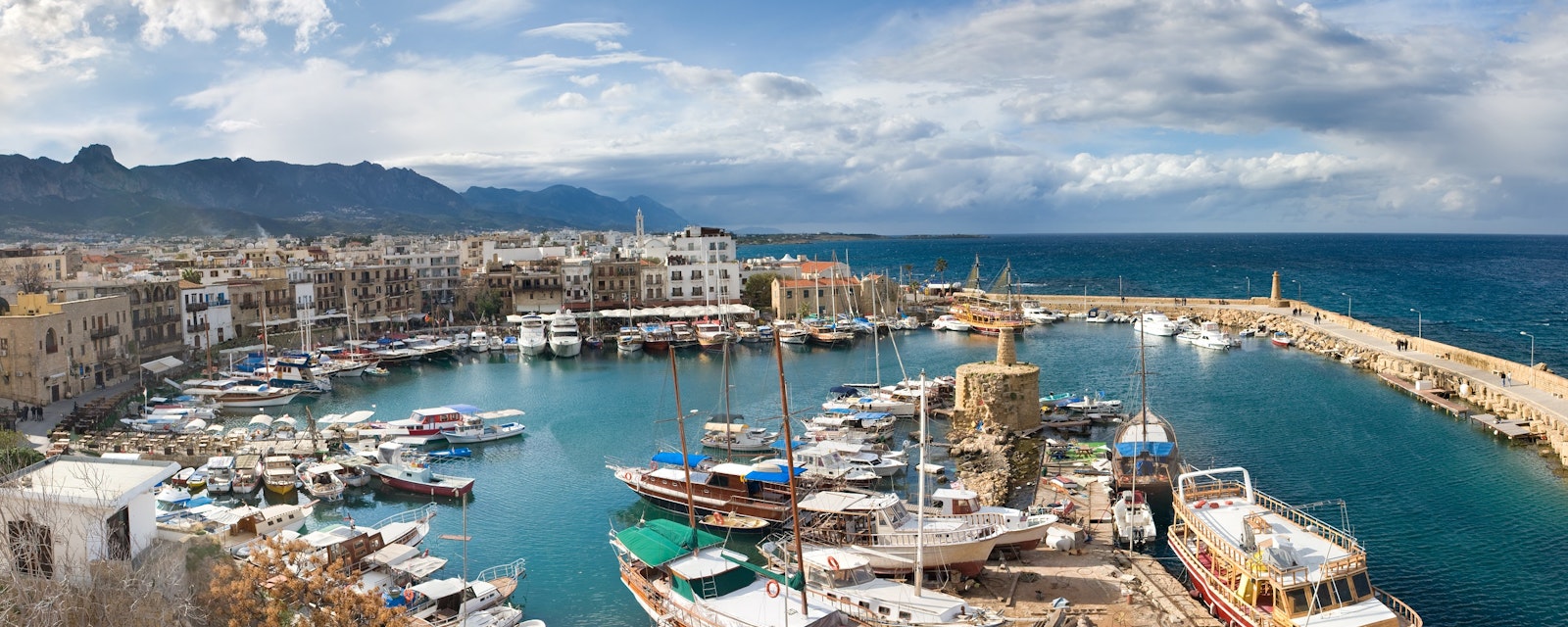Last weekend’s floods could have political repercussions in Germany. The visit of Turkey’s president to Northern Cyprus could create tensions with the EU over the divided island.
Meanwhile, Indonesia’s government has extended Covid-19 restrictions, Serbian and Kosovar leaders will meet for normalization talks, Colombia’s congress will reopen for its final session, and South Africa is focused on the consequences of last week’s unrest.
Chart of the Week
The Covid-19 pandemic has reversed previously declining levels of global extreme poverty. The absolute number of people living in extreme poverty has grown again for the first time since 1997. The rise in extreme poverty has been more pronounced in poorer regions, such as sub-Saharan Africa, the Middle East and North Africa, and Latin America and the Caribbean, where welfare states and automatic stabilizers are much weaker than in advanced economies. Against this backdrop, the current social and economic discontent could lead to widespread protests in some countries in the coming months and years. This is already happening in some countries, such South Africa, Cuba, Chile, and Colombia. Worsening economic conditions tend to interact with specific political triggers, such as the imprisonment of an ex-president in South Africa or a tax reform in Colombia.
What to Watch
Germany
Last weekend’s flood catastrophe in the country’s Western regions will pose challenges for all three the contenders for the Merkel succession. Ahead of the September Bundestag elections, the events raise questions around several issues including fiscal support, public investment, climate change and general perceptions of political and personal leadership in times of crisis. The federal cabinet will on Wednesday approve a major support package that might reach some EUR 10bn in size.
Turkey
President Tayyip Erdogan’s visit to the self-declared Turkish Republic of Northern Cyprus (TRNC) on 19-20 July is likely to stoke tensions with the Greek Cypriots and the EU. Erdogan will reiterate Ankara’s support for a two-state solution to the decades-old dispute on the divided island and could announce the restart of exploratory activities in the Eastern Mediterranean.
On the Horizon
ASIA
India
Parliament began a new session on 19 July amid allegations that a spyware from an Israeli firm was used to hack phones of MPs, business leaders and journalists. The targeted phone numbers were on a database believed to be of interest to clients of NSO, an Israel-based firm. The Indian government has denied any unauthorized surveillance. Parliament will discuss this topic, possibly on 20 July.
Indonesia
The government has extended the emergency restrictions that cover the main island of Java, as well as Bali and 15 other cities and regencies to 30 July. Cases have been trending downward the past few days, generating some optimism that current measures are sufficient to halt the current outbreak and allow some economic reopening by early August.
EUROPE
Serbia/Kosovo
On 19 July, Serbian President Aleksandar Vucic and Prime Minister of Kosovo Albin Kurti will attempt to move closer towards the normalization of bilateral relations in another round of talks mediated by the EU. The meeting is not expected to result in any breakthroughs, although continued efforts to explore ways to resolve the deadlock should be viewed positively.
LATIN AMERICA
Colombia
Congress reopens on 20 July for the final session before the March 2022 legislative elections. President Ivan Duque’s priority is tax reform. The government’s previous reform attempt led to serious unrest that saw then-Finance Minister Alberto Carrasquilla resign and the bill withdrawn. Carrasquilla’s replacement, Jose Manuel Restrepo, has prepared a more modest and differently constructed reform, which aims to raise revenues by COP 15.2tn (USD 3.98bn), around two-thirds of which would come from increased taxes on private sector companies. Getting the reform passed will be challenging, not just because of the impending elections, but because the National Strike Committee (CNP), which purports to represent protestors who first mobilized in late-April, will be mobilizing again this week. Even if this reform passes, it would only represent (another) stopgap measure that fails to address deeper fiscal flaws and challenges.
MIDDLE EAST AND AFRICA
South Africa
Focus will be on the political, economic, fiscal and social costs of last week’s unrest. Although the initial security response was too little too late, the government is now mobilizing 25,000 troops. Unrest-related supply chain disruption may cause a short-term spike in food prices, but the South African Reserve Bank (SARB) is expected to keep interest rates on hold this week. The government’s fiscal response to the emergency will also take center stage, including proposals for a basic income grant. Moreover, the crisis has redoubled pressure for a cabinet reshuffle.






